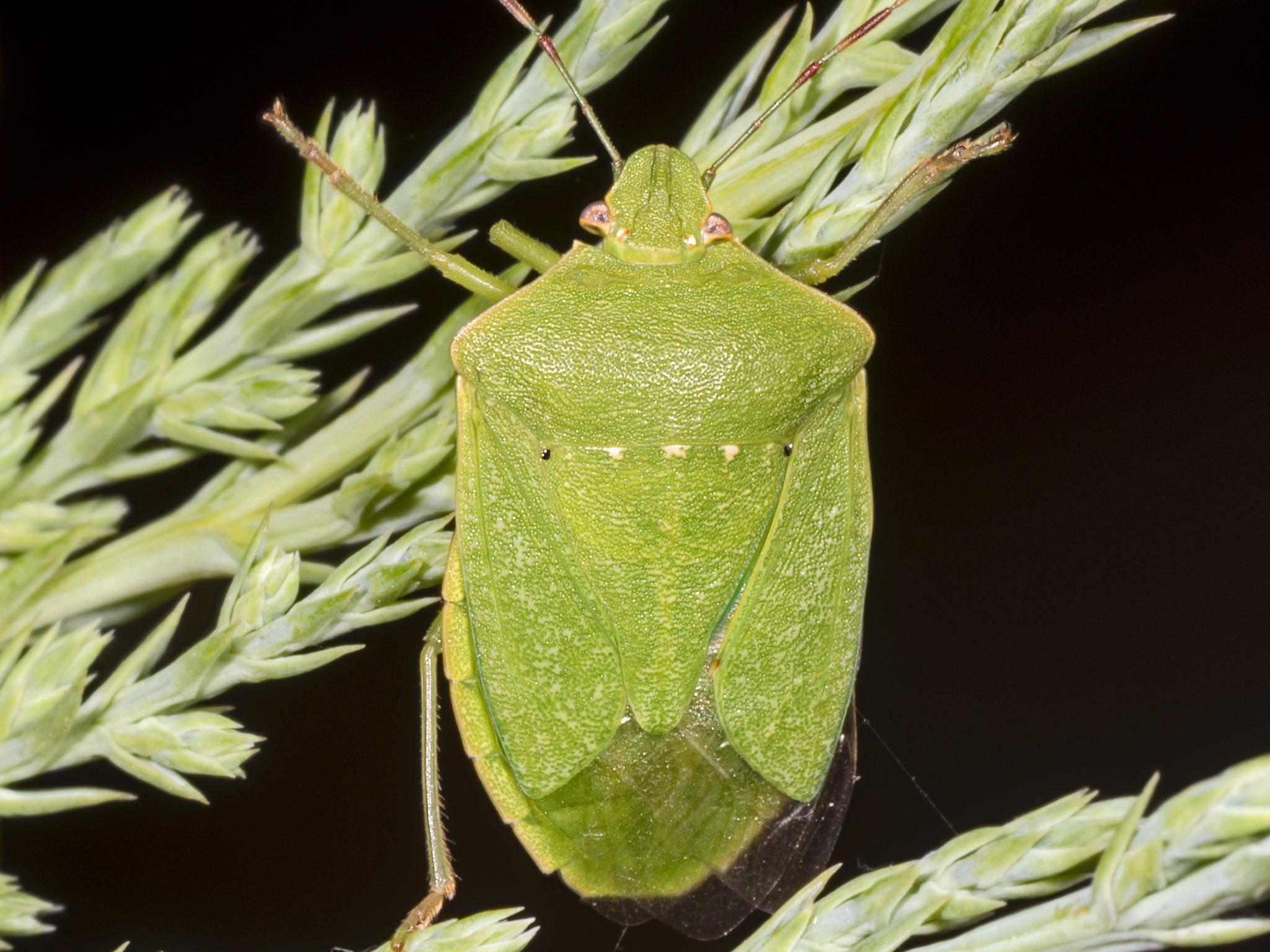Global warming could kill off ‘good bacteria’, exposing an ‘Achilles’ heel’ in the ecosystem
Rising temperatures may be too much for bacteria that form a mutually beneficial relationship with many animals

Your support helps us to tell the story
From reproductive rights to climate change to Big Tech, The Independent is on the ground when the story is developing. Whether it's investigating the financials of Elon Musk's pro-Trump PAC or producing our latest documentary, 'The A Word', which shines a light on the American women fighting for reproductive rights, we know how important it is to parse out the facts from the messaging.
At such a critical moment in US history, we need reporters on the ground. Your donation allows us to keep sending journalists to speak to both sides of the story.
The Independent is trusted by Americans across the entire political spectrum. And unlike many other quality news outlets, we choose not to lock Americans out of our reporting and analysis with paywalls. We believe quality journalism should be available to everyone, paid for by those who can afford it.
Your support makes all the difference.Global warming could wreak havoc on the food chain by killing off ‘good bacteria’ in the stomachs of insects and other animals, a new study suggests.
The researchers raised one type of insect – the southern green stinkbug – in an incubator kept 2.5 degrees Celsius warmer than the temperature outside. That is the average scientists expect the world to warm by 2100.
They found this produced a significant reduction in the “good bacteria” in their guts, with which they have a beneficial symbiotic relationship.
As a result, the young stinkbugs grew up to be smaller than normal and, at higher temperatures, none of them were able to reach sexual maturity, the researchers reported in the journal mBio.
Professor Takema Fukatsu, of Tokyo University, who led the study, said: “Considering that many microbial symbionts are vulnerable to high temperature stress, such symbionts can be the Achilles’ heel of symbiont-dependent organisms in this warming world.”
He added there might be many other such indirect effects to climate change in the natural world.
“Coral breaching, in which symbiotic photosynthetic algae of corals are killed by high temperature and coral reefs are severely damaged, is regarded as a serious environmental issue, but plausibly, similar phenomena may be ubiquitously found in the ecosystem,” Professor Fukatsu said.
The southern green stinkbug is thought to have originated in Ethiopia, but is now found in tropical and sub-tropical areas of Europe, Asia, African and the Americas.
It has expanded into Paraguay, Argentina and Brazil partly because of the increase in soybean plantations and also recently arrived in the UK.
According to Florida University, it is recognised by its shield-like shape and “malodorous scent” and attacks “many important food crops”.
While higher temperatures may be good news for gardeners and farmers in some parts of the world, it could essentially force the species to relocate further north.
And it could also affect creatures, such as ants, which eat the stinkbugs.
Join our commenting forum
Join thought-provoking conversations, follow other Independent readers and see their replies
Comments